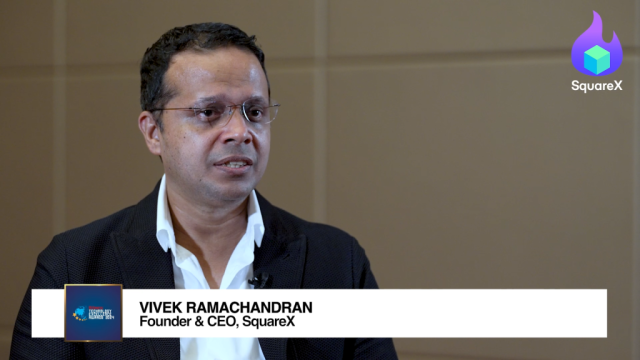Why Singapore bosses must mull over flexible employee benefits
By Peter JacksonSingapore’s employment market may be very mature, but in reality its infrastructure could better support the attraction and retention of key local talent.
Why is staff turnover (often sitting at above 15%) so high? Why do people change jobs for relatively low increases in salary?
In countries with more developed employee benefits markets, such as the UK, USA or Australia, companies invest significant time and money into creating benefits programs and strategies to motivate and engage their employees.
Some have dedicated teams just for this purpose. The end result is well worth the investment – industry leaders successfully attract and retain the best staff, whilst keeping them happy, and therefore productive, whilst they work.
So why is this important? In Singapore, it is well known that people change jobs for small increases in take-home pay. Is this because they feel undervalued where they are? It is probably because people do not understand their benefits package, or how much their companies invest in them over and above their basic salary.
But there is a step before this, one which is frequently overlooked by multinationals and local companies alike in Singapore: a tailored benefits program.
Most companies offer traditional benefits – Medical & Life Insurance, CPFetc. But these benefits can be enjoyed at almost any company, so in effect they are almost academic from an employee’s perspective.
Companies also tend to implement employee benefits, and then perpetually renew these every year without finding out if they are actually benefits their people want.
Regional industry surveys clearly show that people want non-traditional benefits, such as critical illness coverage and retirement solutions; yet most companies do not offer these as options.
Building a solution that matches employees’ requirements is a key step. There is immeasurable value in this, mostly because people suddenly begin to feel involved and engaged in company decisions.
For companies with a widespread demographic, you may think it would be impossible to please everyone. It is not.
Why not allow employees to trade benefits they do not want, for those that they do? Younger staff may not want as much company pension contribution as others, so with a flexible benefits program they can trade this in exchange for ones they may want more – a few days extra holiday allowance or travel insurance for their family.
The beauty of such a solution is that companies don’t need to spend any more money than they already do.
It is important for companies to think about creating a healthcare strategy, which includes what benefits are being offered to employees. Such strategies can include Wellness initiatives (free fruit for staff every month, smoking cessation campaigns) and targeted campaigns. Involving employees in the creation of this is vital.
Find out what they want, and match it against what you think they want. From experience, the gap is likely to be vast. Keep them involved, and give them choice.
Share with them how much you invest in them, costs which are otherwise invisible to them. Understanding total reward packages instead of annual salary is much more valuable, especially when people are thinking of changing company.
It is well known that happy and engaged employees make productive employees. It takes a lot more for a happy and productive employee to change job, meaning their company will see reduced turnover, lower hiring costs, and a reduction in training expenditure.
It sounds very simple, and in reality it is. All that needs to be done is to adopt a new way of thinking, and to invest time into creating solutions that match requirements.
Companies invest considerable money and time marketing to their customers but not marketing to that other vital stakeholder—their employees. This is key reason why benefits programmes can have low awareness and take up by employees.
Spending a fraction of their external marketing budget on understanding and meeting employees needs can reap considerable rewards in cost saving and staff loyalty.
There is a strong argument that the health of a company’s employees is one of the few competitive advantages a business can have.

























 Advertise
Advertise









